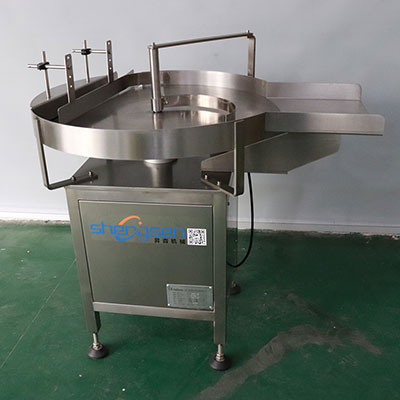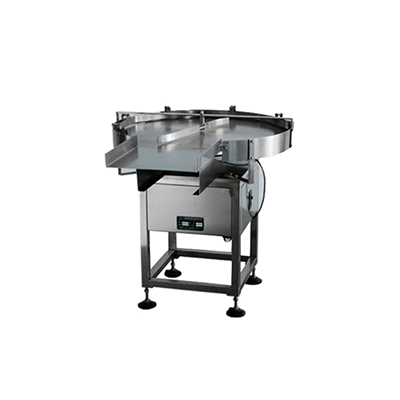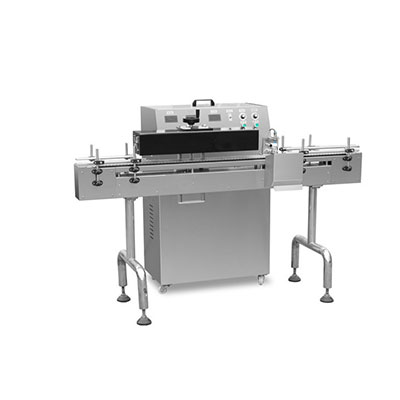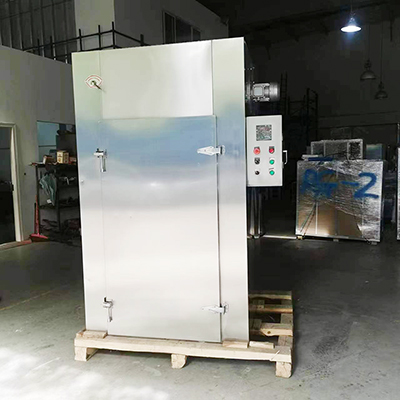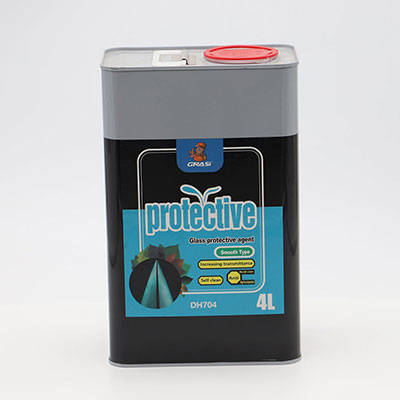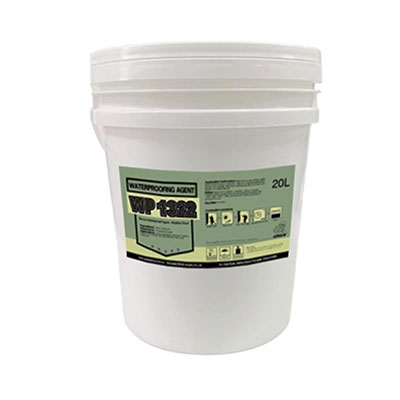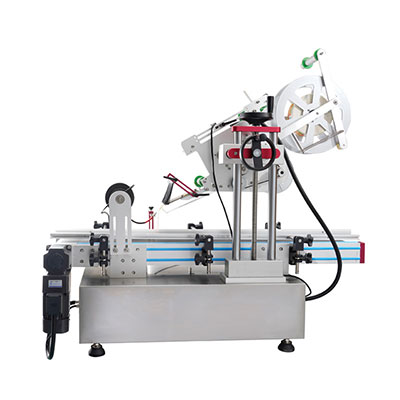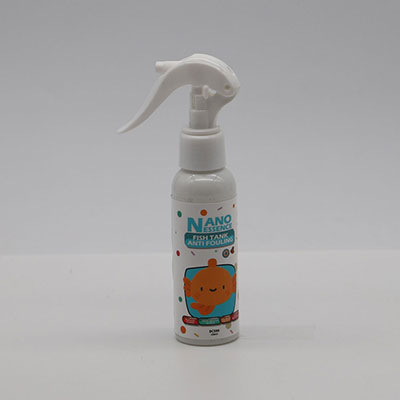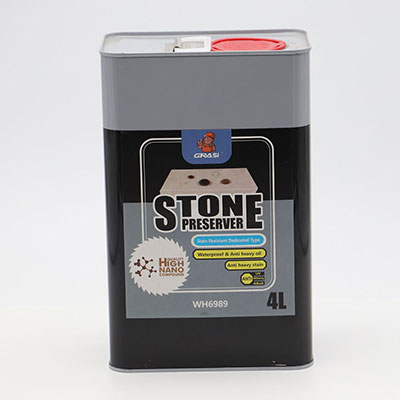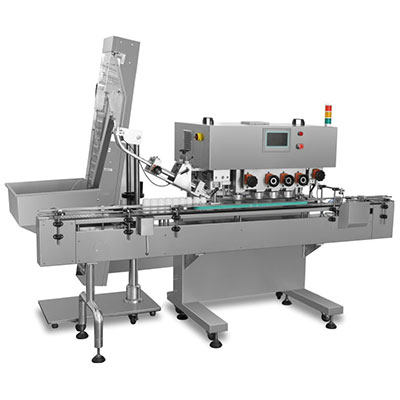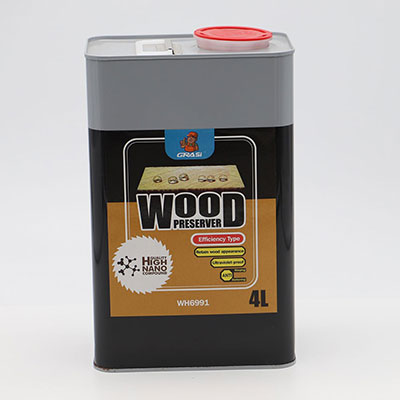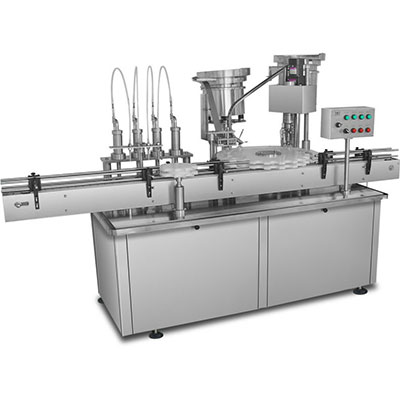GYTA Non-Armored Stranded Loose Tube Cable
Structure
For the GYTA non-armored stranded loose tube cable, some 250μm bare fibers, which are a combination of fiber core, cladding and coating, are set inside one high modulus loose tube, and several tubes and filler rods are stranded around a metallic central strength member, forming a round cable core. Then, this cable core is wrapped by APL (aluminum polyethylene laminate) along its length, and water blocking material is filled inside APL. Finally, extruded PE sheath is applied, and a loose tube fiber optic cable is manufactured. But, for some loose tube cables, water blocking material is filled inside loose tubes, and the central strength member is covered by a PE layer.
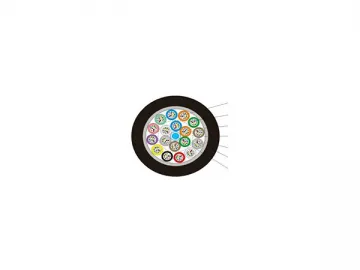
Structural Diagram
Fiber
Tube filling compound
Loose tube
Cable filling compound
APL
PE sheath
Central strength member
Fiber
Tube filling compound
Loose tube
Cable filling compound
APL
PE sheath
Central strength member
Characteristic
1. This stranded optical fiber cable precisely controls its excess fiber length to provide excellent tensile strength and wide temperature range, whilst the PE sheath makes our product flexible and resistant to high crush force and UV radiation.
2. For this stranded loose tube cable, its loose tube is made from high-quality material which boasts high mechanical strength and good hydrolysis resistance, and a special kind of gel is filled inside the tube to protect optical fibers. Moreover, the specifically designed cable structure effectively prevents the buffer tube from elongation and retraction when temperature changes.
3. These single mode and multimode fiber optic cables have unrivalled water resistance, and this is resulted from their structure as illustrated below.
a. Single steel wire as the central strength member
b. Special water blocking material inside and between loose tubes
Optical Parameters of Non-Armored Stranded Loose Tube Cable
| Attenuation | G652 | ≤0.36dB/km@1310nm | ≤0.22dB/km@1550nm |
| G655 | ≤0.40dB/km@1310nm | ≤0.23dB/km@1550nm | |
| 50/125 | ≤3.0dB/km@850nm | ≤1.0dB/km@1300nm | |
| 62.5/125 | ≤3.0dB/km@850nm | ≤1.0dB/km@1300nm | |
| Bandwidth | 50/125 | ≥500MHz·km@850nm | ≥1000MHz·km@1300nm |
| 62.5/125 | ≥200MHz·km@850nm | ≥600MHz·km@1300nm |
Structural Parameters of Non-Armored Stranded Loose Tube Cable
| Model (fiber count increment: 2) | Fiber count | Tube No. | Filler rod No. | Cable diameter (mm) | Cable weight (kg/km) | Tensile strength (long/ short term, N) | Crush resistance (long/ short term, N/100mm) | Bending radius (static/ dynamic, mm) |
| GYTA-2~6Xn | 2~6 | 1 | 4 | 9.2 | 80 | 600/1500 | 300/1000 | 10D/20D |
| GYTA-8~12Xn | 8~12 | 2 | 3 | 9.2 | 80 | 600/1500 | 300/1000 | 10D/20D |
| GYTA-14~18Xn | 14~18 | 3 | 2 | 92 | 80 | 600/1500 | 300/1000 | 10D/20D |
| GYTA-20~24Xn | 20~24 | 4 | 1 | 9.2 | 80 | 600/1500 | 300/1000 | 10D/20D |
| GYTA-26~30Xn | 26~30 | 5 | 0 | 9.2 | 80 | 600/1500 | 300/1000 | 10D/20D |
| GYTA-32~36Xn | 32~36 | 6 | 0 | 9.7 | 97 | 1000/3000 | 300/1000 | 10D/20D |
| GYTA-38~48Xn | 38~48 | 4 | 1 | 10.5 | 109 | 1000/3000 | 300/1000 | 10D/20D |
| GYTA-50~60Xn | 50~60 | 5 | 0 | 10.5 | 109 | 1000/3000 | 300/1000 | 10D/20D |
| GYTA-62~72Xn | 62~72 | 6 | 0 | 11.5 | 126 | 1000/3000 | 300/1000 | 10D/20D |
| GYTA-74~84Xn | 74~84 | 7 | 1 | 13.2 | 153 | 1000/3000 | 300/1000 | 10D/20D |
| GYTA-86~96Xn | 86~96 | 8 | 0 | 13.2 | 153 | 1000/3000 | 300/1000 | 10D/20D |
| GYTA-98~108Xn | 98~108 | 9 | 1 | 14.6 | 182 | 1000/3000 | 300/1000 | 10D/20D |
| GYTA-110~120Xn | 110~120 | 10 | 0 | 14.6 | 182 | 1000/3000 | 300/1000 | 10D/20D |
| GYTA-122~1132Xn | 122~132 | 11 | 1 | 16.5 | 221 | 1000/3000 | 300/1000 | 10D/20D |
| GYTA-134~144Xn | 134~144 | 12 | 0 | 16.5 | 221 | 1000/3000 | 300/1000 | 10D/20D |
Standard
Our loose tube cable is compliant with YD/T 901-2001 and IEC 60794-1 standards.
Storage and Operating Temperature
This non-armored fiber optic cable shall be stored and used within the temperature range of -40℃~ 70℃.
Application
Our stranded loose tube cable suits for core network, access network, metropolitan area network and other network systems where duct, aerial, underwater or direct buried installation is required.
Links:https://www.globefindpro.com/products/74876.html
-
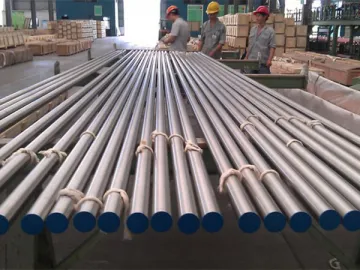 Nickel & Nickel Alloy Seamless Tube/Pipe
Nickel & Nickel Alloy Seamless Tube/Pipe
-
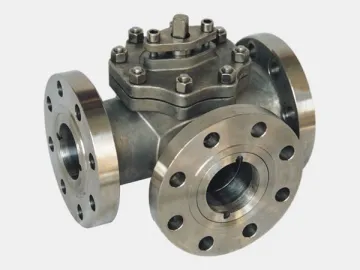 Valve
Valve
-
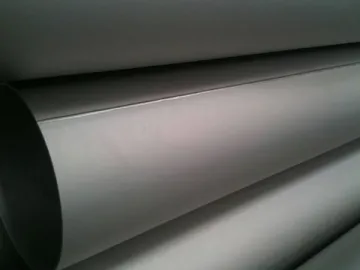 Titanium Welded Pipe
Titanium Welded Pipe
-
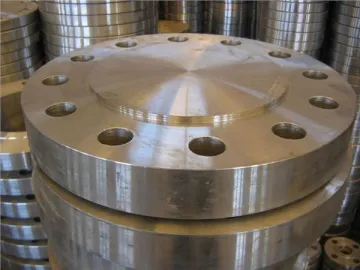 Nickel & Nickel Alloy Forging
Nickel & Nickel Alloy Forging
-
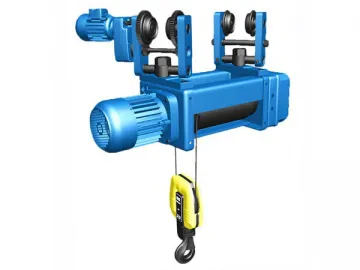 Electric Wire Rope Hoist for Curved Path
Electric Wire Rope Hoist for Curved Path
-
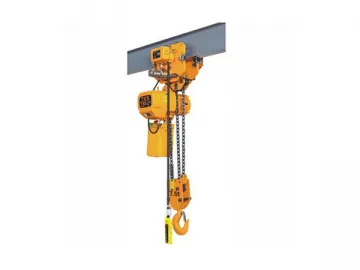 7.5 Ton Electric Chain Hoist
7.5 Ton Electric Chain Hoist
-
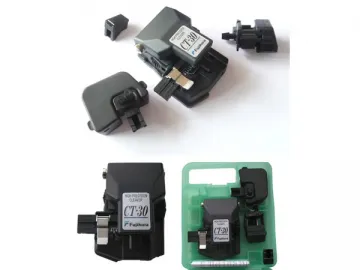 Fujikura CT-30 Series High Precision Optical Fiber Cleaver
Fujikura CT-30 Series High Precision Optical Fiber Cleaver
-
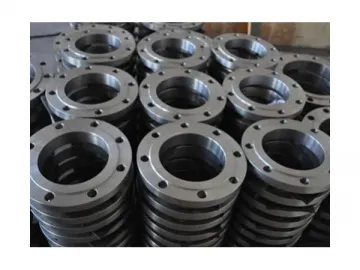 Titanium Flange
Titanium Flange
-
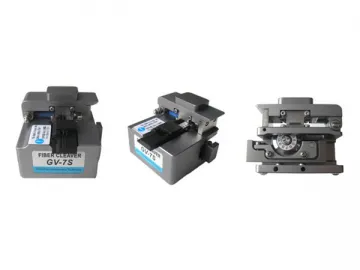 GV-7S High Precision Optical Fiber Cleaver
GV-7S High Precision Optical Fiber Cleaver
-
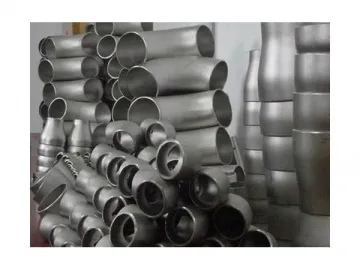 Nickel & Nickel Alloy Pipe Fitting
Nickel & Nickel Alloy Pipe Fitting
-
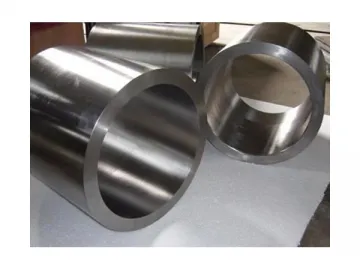 Nickel & Nickel Alloy Forging
Nickel & Nickel Alloy Forging
-
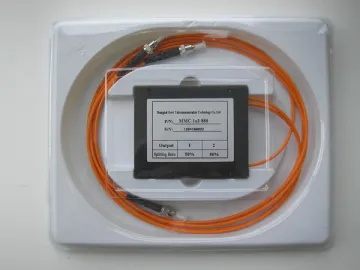 FBT Splitter
FBT Splitter
